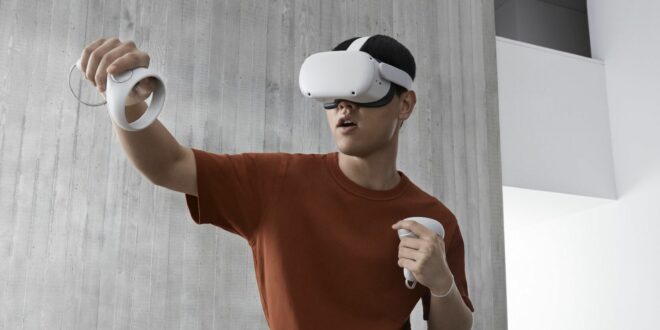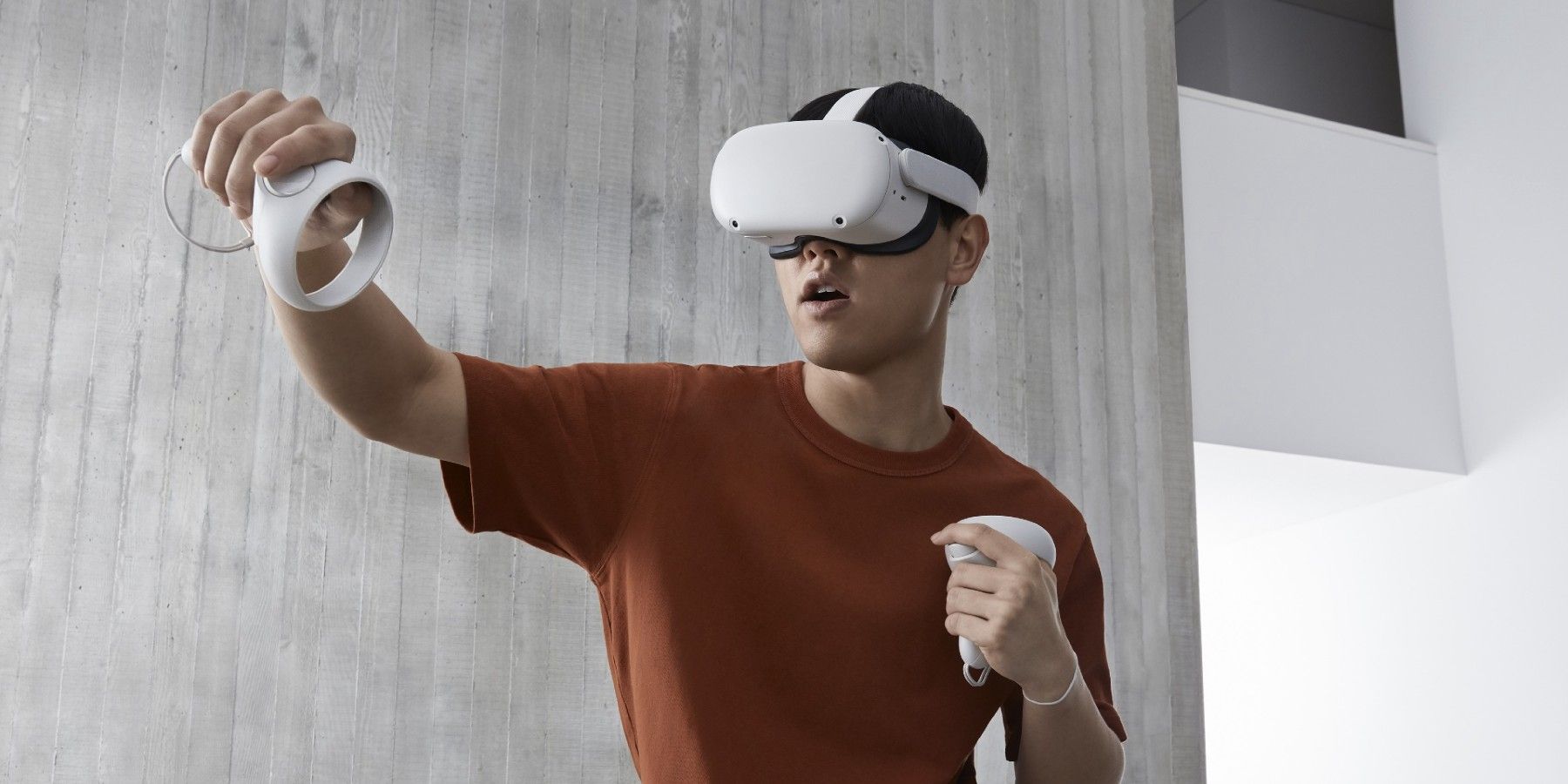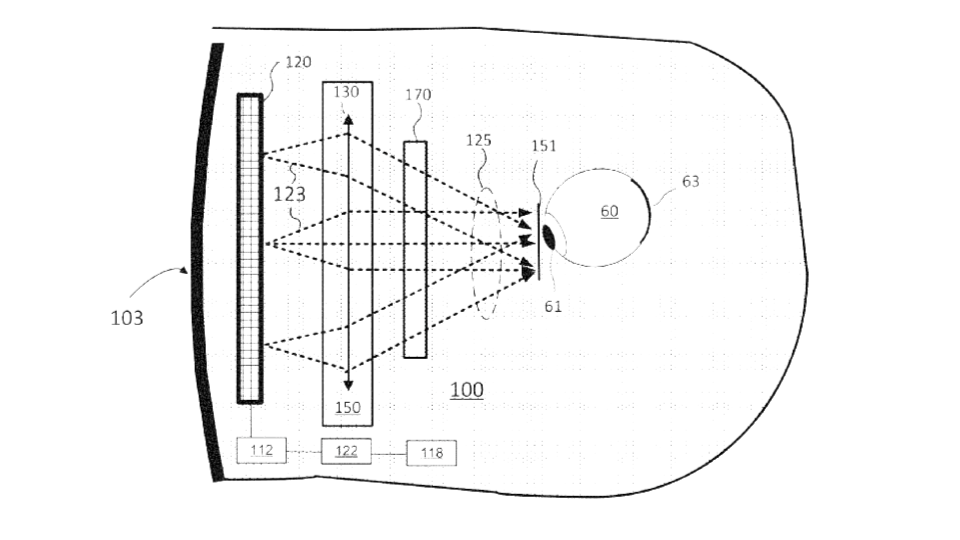Meta’s latest patent shows a virtual reality headset capable of variance in field of view and resolution.
Meta recently filed a patent that allows for variability in field of view and resolution for VR headsets, suggesting that it could be offered in upcoming headsets. Associated with the latest hadeeth Patented pair of gaming glovesThis latest information could mean that the company is placing an additional focus on expanding VR capabilities for immersion.
Although virtual reality is still a niche today, it has made leaps and bounds in popularity compared to its origins in the 1990s. What was once seen as sci-fi became viable when startup Oculus launched its Rift headset in 2016, two years after it was acquired by Meta. Since then, while the Oculus Quest 2 has been successful in the consumer space, He lost $2.8 billion developing virtual reality.
Patents like variable field of view and resolution could be insights into where the high development cost has gone. It describes the “memory and processor storage instructions” that are sent to the device, which is specified to be a VR headset, and implements a method that adjusts between the “stereoscopic mode” and the “focused mode” provided to the unit. What these modes could mean is up to conjecture, but one can vouch for a high field of view and resolution that provides a high resolution world for users to immerse themselves with the other or both for better performance. If true, this evolution can be compared to the choices between graphics and performance modes that many modern games have implemented.
Another insight that this patent is likely to provide is another Meta headphones announced in October. Although the quarterly meetings note that the headset didn’t mention any specific products, Reality Labs’ increased budget could mean that the successor to the Oculus Quest 2 will be a significant step forward from the popular headset. Since this is a patent, the development of this feature may be early, with its implementation saved for devices that will be released after 2023.
Developments such as the patent may be exciting for VR enthusiasts, but the Meta has faced several high-profile issues as a result of its developments in this area. with financial losses, John Carmack, executive advisor on virtual reality, has resigned from Meta After citing the company’s shortcomings and concerns about the Metaverse. It remains to be seen if the company can outrun or outrun the difficulties it is currently facing, but the fact is that VR technology is accelerating rapidly and Meta remains committed to its development. If you can succeed, the immersion factor of futuristic virtual reality spaces will be similar to what was once thought of as science fiction.
Originally posted 2022-12-20 13:47:00.


